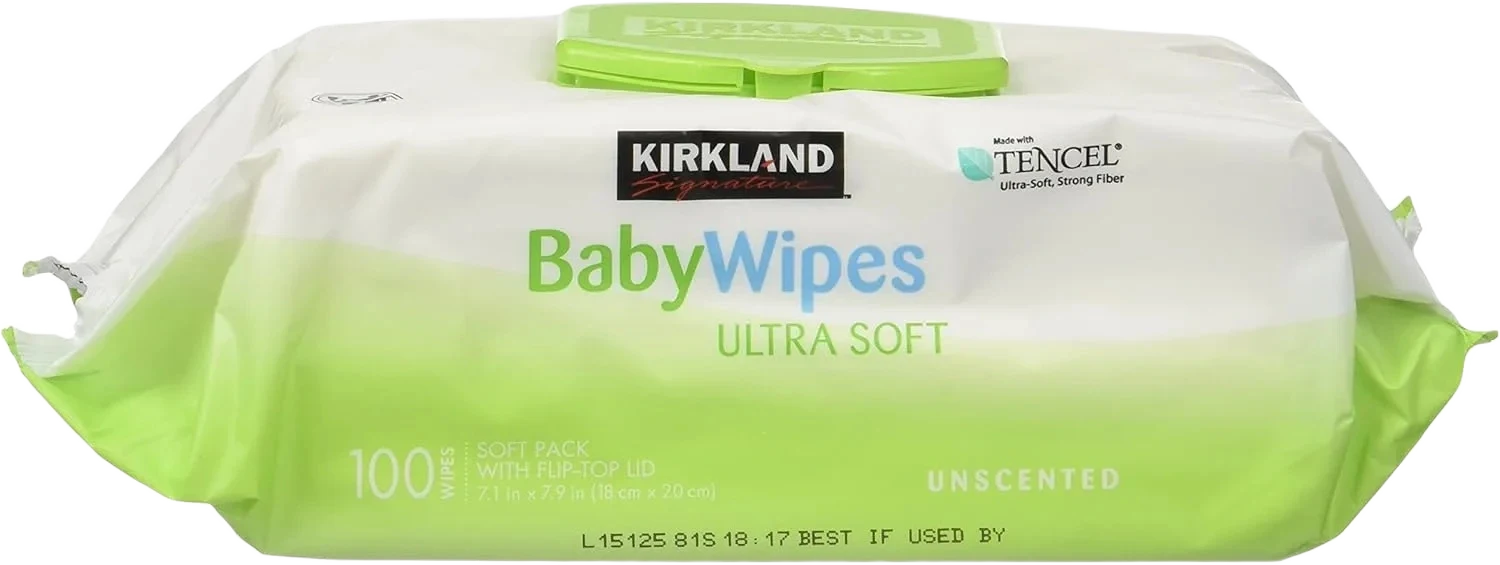Kirkland Signature Baby Wipes ULTRA SOFT
baby wipes • For 6-12 month old babies • Skin contact 🧴
Product Images
Product Photo

Tap to enlarge
Ingredient List

Tap to enlarge
Can older babies use Kirkland Signature Baby Wipes ULTRA SOFT?
Check for Different Age (6 available)
Ingredients Analysis (11 found)




Common Questions About Kirkland Signature Baby Wipes ULTRA SOFT
Safe for older babies? Kirkland Signature Baby Wipes ULTRA SOFT
Yes, Kirkland Signature Baby Wipes ULTRA SOFT is generally considered safe for 6-12 month old babies based on ingredient analysis.
What ingredients should I watch out for?
We analyzed 11 ingredients in Kirkland Signature Baby Wipes ULTRA SOFT. 11 safe. Check the detailed analysis above for specific concerns.
Is this appropriate for older babies to using baby wipes?
The appropriate age depends on the specific ingredients. This analysis is for 6-12 month old babies. Use the age selector above to check other ages.
⚠️ Important Disclaimers
Product Recognition: Product names are identified programatically and may be incorrect. Always verify product identity yourself.
Safety Analysis: Evaluations are for research only - consult pediatricians for medical decisions. Do not rely solely on this analysis.
No Guarantees: Results may be incomplete or inaccurate. Do not rely solely on this analysis.